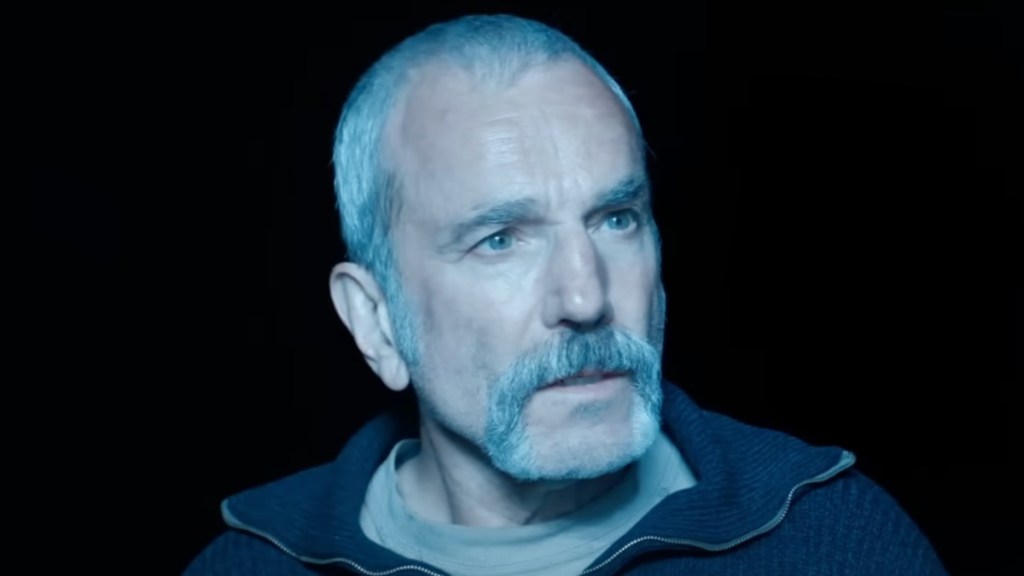UPDATE: Daniel Day-Lewis has issued a passionate defense of method acting amid rising criticism in the film industry. Speaking to The New York Times while promoting his new film Anemone, the three-time Oscar winner expressed frustration over the misconceptions surrounding his acting technique.
Day-Lewis, who is known for his immersive performances in films like My Left Foot and Lincoln, stated that he is “a little cross these days” about people using the term “gone full Method” to imply that actors are “behaving like a lunatic in an extreme fashion.” He emphasized that method acting involves serious techniques rather than chaotic behavior.
The actor elaborated, “There are techniques you can learn, and I know that the Method has become an easy target these days.” His remarks come at a critical time as the perception of method acting continues to evolve in Hollywood.
Day-Lewis clarified that he has always believed that acting transcends simply being a “craft.” He noted, “In the life of an actor, it has to principally be about the internal work.” His insights challenge the narratives often spun by critics, who tend to exaggerate stories of discomfort or instability on set. “Everyone tends to focus on the less important details,” he pointed out, “And those details always seem to involve some sort of self-flagellation or an experience that imposes upon oneself a severe discomfort or mental instability.”
Despite being labeled a method actor, Day-Lewis has distanced himself from the notion that he strictly adheres to Konstantin Stanislavski’s techniques. He remarked that while Stanislavski’s tradition has shaped his training, it is “misleading” to assume that acting requires an “inordinate amount of calculation.” Instead, he believes, “All you’re trying to do is lay the groundwork, which might allow the imagination to free itself.”
Day-Lewis’s return to acting comes after an eight-year hiatus, marking a deeply personal comeback. His new film, Anemone, directed by his son Ronan Day-Lewis, features the actor in the role of a reclusive ex-soldier alongside Sean Bean. He shared that working with his son “has meant everything,” highlighting the emotional significance of this project.
As the discussion around method acting intensifies, Day-Lewis’s comments underscore the ongoing debate about performance techniques in the industry. His views invite audiences to reconsider the true nature of acting beyond the sensationalized portrayals often depicted in the media.
With the film industry evolving rapidly, viewers can expect to see how Day-Lewis’s insights resonate with both audiences and aspiring actors. As conversations about method acting continue to unfold, the impact of his return in Anemone could redefine perceptions of acting authenticity in contemporary cinema.
For further updates on this developing story and more insights from Daniel Day-Lewis, stay tuned.
